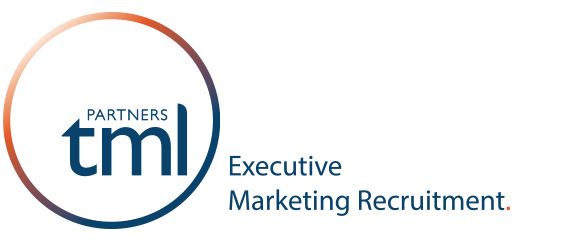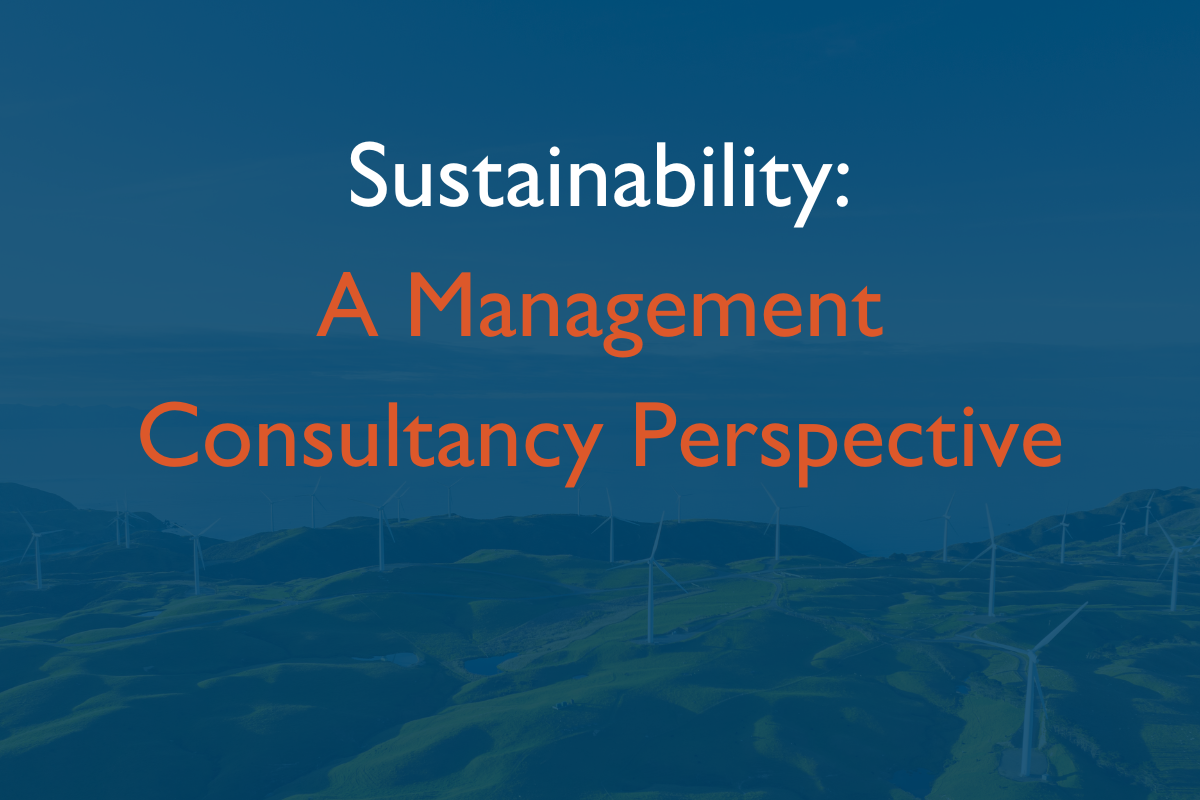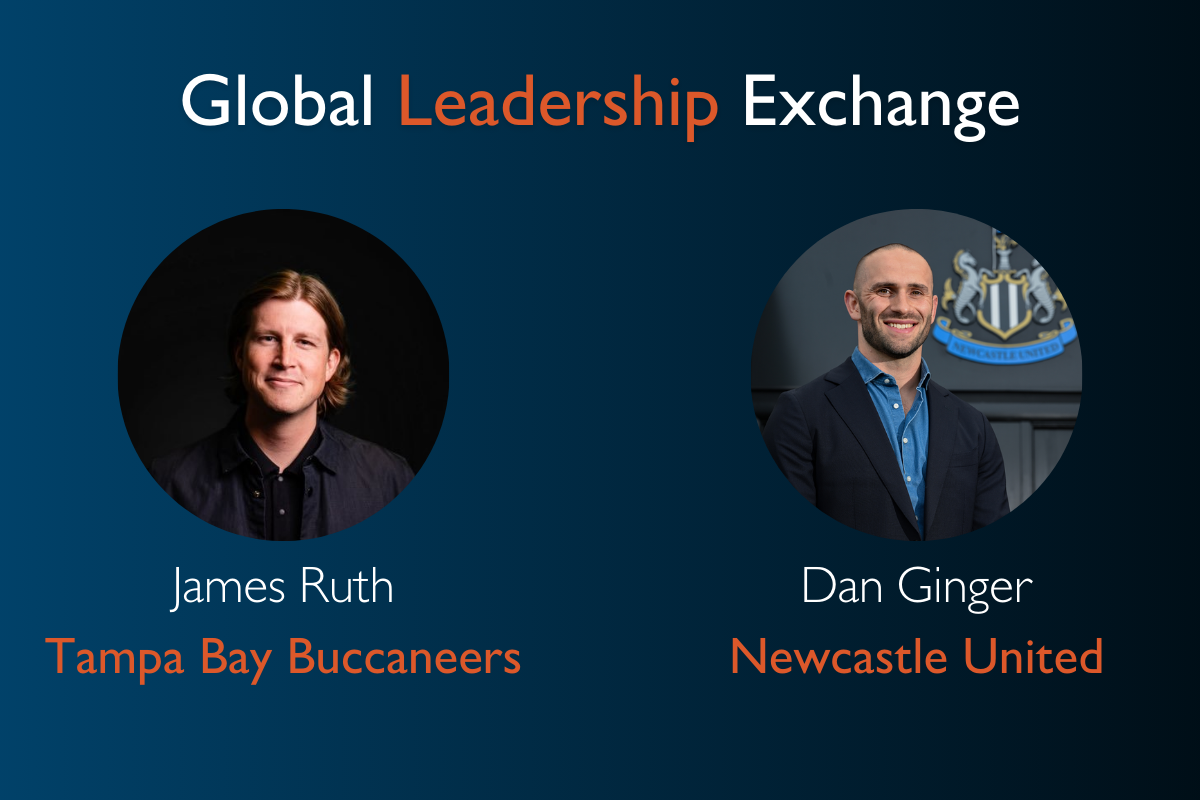The Significance of Sustainability from a Management Consultancy Perspective
A blog post by Khushi Patel, Consultant at tml Partners specialising in senior marketing and communications hires in Management Consultancy.
For management consultancies, establishing goals that foster enduring value, fortify resilience, and forge a robust brand presence is crucial. Through this, the topic of sustainability has been eminent. Remaining relevant is a priority, but is the investment in ESG truly worthwhile? Let’s delve into this topic.
The Pillars of Sustainability in Business
A company’s performance can be fundamentally rooted in the triple bottom line (TBL): People, Planet, and Profit. Both ESG and the TBL frameworks work together seamlessly.
- People: ESG factors encompassing social aspects, such as equitable labour practices, diversity, fairness, inclusivity, employee well-being, community engagement, and adherence to human rights. Companies prioritising these ESG factors aspire to generate positive social impacts and enhance the well-being of individuals, employees, and communities.
- Planet: Environmental aspects under the ESG framework, encompassing the reduction of carbon footprints, conservation of natural resources, addressing climate change, and advocating sustainable practices like renewable energy.
- Profit: Stresses the need for businesses to operate in a financially sound manner, ensuring profitability while upholding ethical and sustainable practices. Ethical governance, transparent decision-making, compliance, risk management, and a continuous commitment to innovation and enhancement form the core of this aspect.
Challenges
The implementation of sustainability objectives in businesses presents a series of obstacles. Financial limitations arise from the initial costs of transitioning to sustainable practices, while accurately measuring progress poses challenges in defining metrics and monitoring impact.
Balancing short-term financial aims with long-term sustainability objectives and navigating evolving regulatory landscapes further complicates the process. Overcoming these hurdles necessitates commitment, innovative strategies, collaboration across departments, and a coherent long-term vision that aligns sustainability with core business objectives.
A recent collaboration between an advertising agency and Shell caused issues due to inconsistencies between Shell’s sustainability values and the agency’s reputation. This partnership highlighted the challenge of aligning brand narratives with sustainability initiatives, as contradictions can become quite clear.
So, Why Pursue Sustainability?
Embracing sustainability within businesses isn’t merely about meeting ethical obligations; it’s a catalyst for innovation, ensuring companies remain adaptable and future-ready. Businesses foster an environment that ignites innovation by integrating sustainable practices into their operations.
Management consultancies thrive on relationships and partnerships, making their brand indispensable as it can reflect credibility and trust, essential for securing and maintaining client connections. Marketing plays a pivotal role by crafting compelling brand narratives that resonate with sustainability initiatives. It shapes consumer perception and can leverage sustainability efforts to build credibility and trust. Marketing initiatives centred on sustainability enhance customer engagement by aligning brand values with consumer beliefs, fostering loyalty and advocacy.
A survey conducted by Deloitte in 2022 showed 49% of CXOs agreed that sustainability efforts will have a positive impact on brand recognition and reputation. The top 5 benefits also included customer satisfaction, employee morale and innovation.
“If ESG principles are implemented thoughtfully – ie. fully integrated into operations, strategy and culture – and are consistent with the overall ‘purpose’ and values of an organisation, they can be a real differentiator in the market, helping a brand to tell its own distinctive story and highlight what it stands for.
If you take the market for sustainability consulting as an example, it’s predicted that by 2027 it’ll be worth $16 billion as businesses seek to address ESG priorities and respond to evolving regulation. Marketers have a role to play in helping advisory firms ‘create a signal above the noise’ with a clear and compelling narrative on how they can help in a crowded and competitive marketplace.” added Octavia Chapman, B2B Marketing Professional.
The Future of Sustainability in Management Consultancies
Businesses propel ESG initiatives by setting measurable goals, integrating ESG into strategies, and ensuring transparent reporting. Stakeholder engagement and technology usage play pivotal roles. Collaborations and employee education further bolster ESG commitment. These efforts enhance sustainability and contribute to broader societal goals, fostering resilience and competitiveness.
Moorhouse Consulting, tml Partners, and other certified B Corps stand out for their dedication to employees, communities, and the environment. Their B Corp certification signifies a commitment beyond one-off contributions, demonstrating a sustained commitment to sustainable practices. This certification isn’t merely a badge; it’s a testament to their holistic approach to business.
It also attracts top talent, expanding the pool with purpose-driven individuals, fostering a sustainable culture that enhances retention and engagement. This environment cultivates fulfilment through purpose-driven roles and encourages innovation by emphasising diversity and inclusion. The link between B Corp certification and recruitment goes beyond attracting candidates; it nurtures a culture of purpose, engagement, and innovation, driving long-term success.
Emma Wyatt, Director of Marketing and Communications at WSP commented: “It’s not just Generation Z that expects ESG to be part of the agenda in today’s purpose-led business environment. ESG credentials now only get you to the starting point in competitive bids and the race to attract top talent whilst creating shareholder value. It’s then how you live the values that underpin those credentials as an organisation that count, avoiding the obvious pitfalls of greenwashing. It is crucial that talk matches action and that marketing messaging genuinely mirrors sustainable practices and delivery throughout every layer of your organisation.”
Ultimately, sustainability keeps companies relevant, enhances their image, and increases efficiency. It’s not a passing trend; customers and investors prioritise eco-friendly practices. Integrating sustainability into operations isn’t solely the ethical thing to do—it’s a savvy business strategy with long-term benefits. It enhances efficiency and reduces risks, allowing companies to prepare for the future and adapt to new regulations.
Who are tml Partners?
tml Partners are specialist senior marketing headhunters with access to a global network of marketing, communications, brand, and commercial leaders. Our Technology and Consultancy team work with businesses ranging from fast-growing startups to large enterprises.
Whether you’re seeking interim or permanent solutions, our team has the expertise to support across various locations.
To learn how tml Partners can help you, get in touch with Khushi Patel. Khushi is a Consultant at tml Partners, specialising in sourcing and placing top-tier talent in senior marketing and communications roles within management consultancies. Leveraging an extensive network, she strives to drive success and innovation in the industry.




